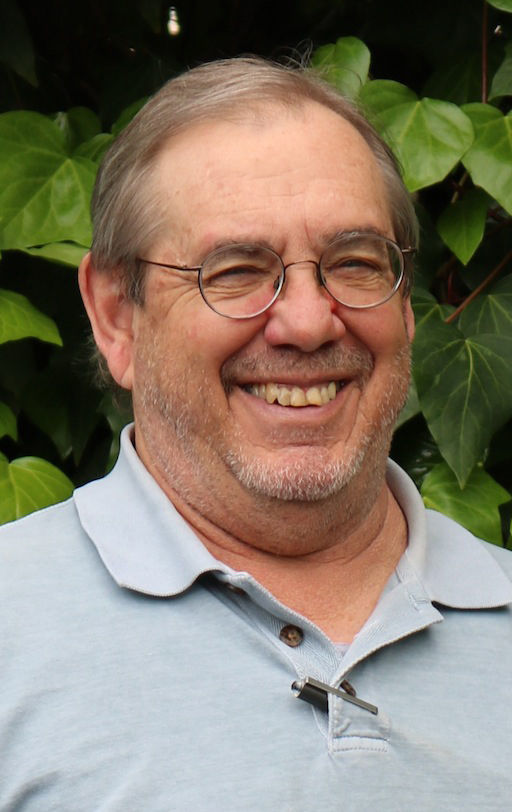The World Health Organization (WHO) has announced that “we are not just fighting an epidemic; we’re fighting an infodemic.” It has warned us “fake news spreads faster and more easily than this virus and is just as dangerous.” The dangers to us are about the casualty of truth and trust, disharmony and diminished democracy.
Recently we have experienced these dangers and damages in our communities and local governments. Yet again, these times of a pandemic are exposing our shortcomings and complexities. This time they are manifested in two inflammatory recall efforts against the Healdsburg mayor and the county sheriff, and with the invisible busloads of looters who were coming to destroy our town centers. The WHO’s infodemic has diseased how we share information, talk to one another and maintain enough trust to be civil in our debates and decisions.
Temporarily — or perhaps more permanently — we find ourselves living in an information landscape absent healthy debate and “common knowledge.” When the mayor of Healdsburg misspoke her position about police brutality and racial relations or when the sheriff too publicly aired his differences with other public officials they were met with instant hostility instead of constructive dialogue. Petitions for their recall from elected office attracted thousands of signatures from people who had never heard or listened to their words. The social media mob’s chants that hordes of looters were driving up Highway 101 led to nights of curfews and plywood shields on local merchant windows. (The mobs turned out to be our children.)
We are not endorsing or condoning the original statements by Healdsburg’s Mayor Leah Gold or Sheriff Mark Essick. Gold was wrong, and has now admitted as much, allowing that these times demand a full review of our police policies and practices. Her statement about police brutality and race relations belied her progressive record on social justice issues. Too bad she has become a casualty of this infodemic. Sheriff Essick lost some voters’ support and trust by declaring he would not fully enforce the public health officer’s COVID-19 safety rules. If he had said what he meant to say — that he was upset with a lack of transparency and apparent conflicts in his orders — he wouldn’t have had to listen to other county elected officials call for his ouster.
We could blame all this on social media. We could blame the heightened emotions and tensions we all are suffering from this pandemic. We could blame ourselves or only blame “those other people.” We could blame Leah Gold for our tardy debate about police policies. We could blame Sheriff Essick for his arbitrary response on how our local economy can get open faster. Hell, why don’t we just blame Obama?
Blame will not get us to where we need to be. It has been four years since the word “post-truth” was added to the Oxford Dictionary, and we have been plunging deeper into this Orwellian domain ever since. Since Medieval times there has been “fake news” and deliberate campaigns of misinformation aimed to control power, wealth and domination. But it’s only been lately that these schemes have become the winning business formula for the four corporations (Google, Apple, Facebook, Amazon) that now “own” the Internet. They have destroyed our “trust networks.”
Taken from the pages of Orwell’s “1984,” we are made to believe we are having real conversations and human interaction when we use Facebook or Google. The perverse bargain here is the more these social media giants engage us with divisiveness, anger, extremes and fears, the more billions in profits they pile up, and the more attention they suck away from us and each other.
If a small town mayor can’t have a civil dialogue with her constituents because we have lost our base of “common knowledge,” how can we ever hope to reform police policy or expand racial harmony? Black lives don’t matter, nor brown, white or any other lives unless truths, facts and real news matter.
48
F
Healdsburg
January 22, 2025








